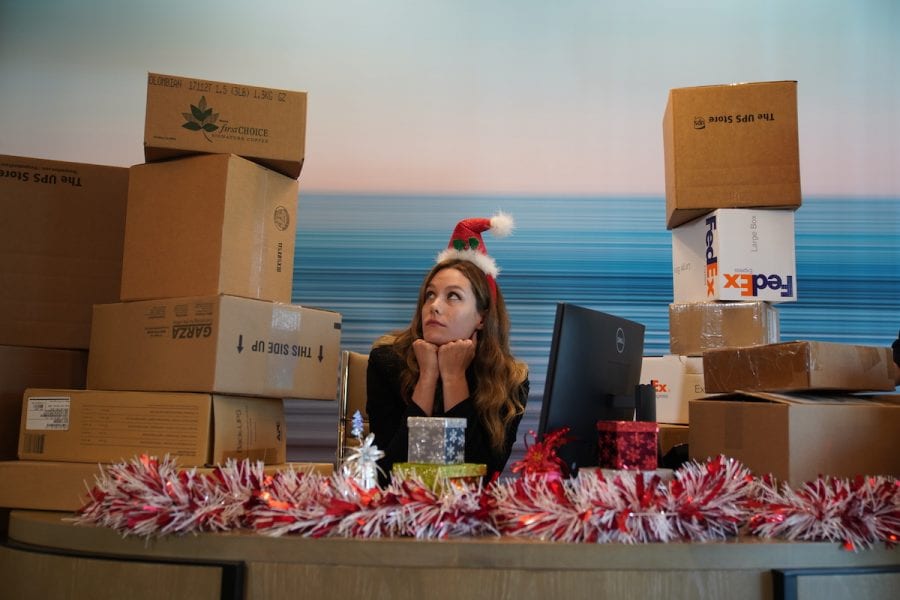Multifamily
2019 Budgeting Tips for Property Managers
Written by: Parcel Pending
3 Min Read
Published: July 31, 2018
Updated: July 12, 2024
If you’re like most PMs, then you’ve likely started mapping out your 2019 budget. Financial planning can be daunting and time-consuming but it doesn’t have to be.
According to Property Management Insider, understanding how to budget correctly will improve a property manager’s ability to reduce waste, seize opportunities to increase income, and forecast in changing environments.
That’s why we’ve put together a quick list of tips from a variety of experts to help you quickly and easily prepare your budget for next year:
#1 Don’t Forget to Budget for One Time and Ongoing Costs
As you develop your budget, make sure to plan for both one-time and ongoing costs. According to Property Ware, those ongoing costs include items like periodic property inspections and maintenance. One-time costs may include the cost involved in making a property suitable after an existing tenant moves out or working with a large problem such as a broken pipe. Property Ware also advises that you add a contingency fund for these unanticipated large expenses. Investopedia discusses the importance of adding a cushion to your financial planning: “Remember that although you may estimate that the business will generate a certain rate of revenue growth going forward or that certain expenses will be fixed or can be controlled, these are estimates and not set in stone.
#2 Conduct Your Research
Multifamily Executive states that you should gather all relevant historical information, including current rents, current occupancy, trailing–12-month financial reports, salary information, and utility price increases, before you start inputting numbers. Look up the contracts for items such as lawn care, advertising, software, copiers, and similar products and services; you should have a handle on the things that don’t change during the year.
#3 Determine Any Applicable New Budget Categories
Multifamily Executive suggests that you get together with your team to discuss the budget. What changes should be made? Which categories should be added or deleted? For example, will you improve your amenities offerings by installing electronic parcel lockers? If you’re looking to improve resident relations and provide a premium living environment then you need to budget accordingly for amenities like parcel lockers, smart homes, on-site pet facilities and more.
#4 Go Digital with Your Accounting
Property Management Insider reports that a web-based, integrated accounting system is key to maintaining your budget as it packages all functions into one work solution. Scanning receipts, posting expenses, and creating deposits can be done with a few clicks. Plus, a digital accounting solution is environmentally friendly. With a few simple practices, property management companies can stay atop the money flowing in and out of their portfolios and help create a healthier business.
#5 Set Aside Budget for Marketing and Advertising
The Balance Small Business states that word of mouth can bring new tenants but effective competition in the marketplace requires a marketing plan and advertising budget. Don’t forget to include budget for regular ads in media that have a proven track record in generating tenants. An advertising and marketing budget should also include the cost of maintaining online listings. Budgeting for increased marketing when vacancy rates increase is also wise. Coordinating increased marketing to announce renovation or improvements is also vital to your budget strategy.
#6 Churn out a Comprehensive Budget by Bringing it all Together
The Balance Small Business explains that comprehensive budgeting is all about having a thorough knowledge of competitive properties, their comparative features, and rental rates. Plan for renovations and improvements and their funding. Be as accurate as possible in estimating ongoing management expenses for repairs, maintenance, and administration. Maximize rental prices in relation to competition and current market conditions. Hopefully, when all this is done, income will exceed expenses, and you’ll be managing a profitable property.
What new innovations will you be budgeting for in 2019?






